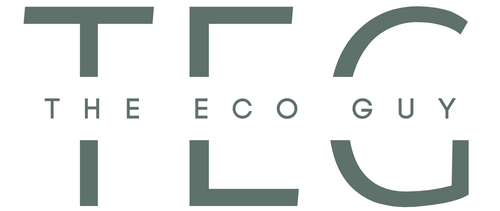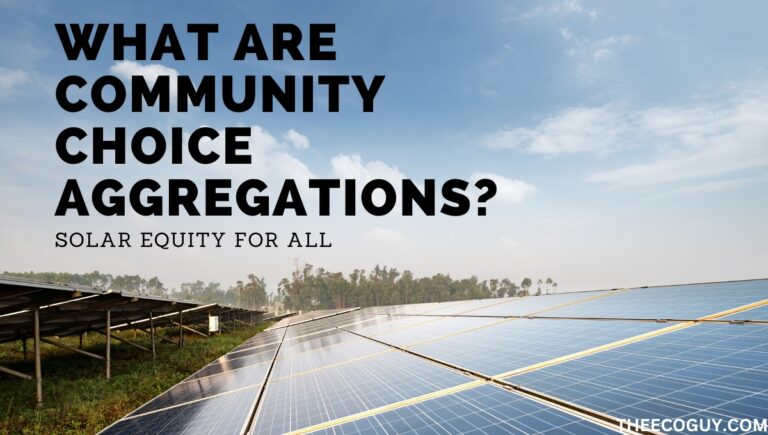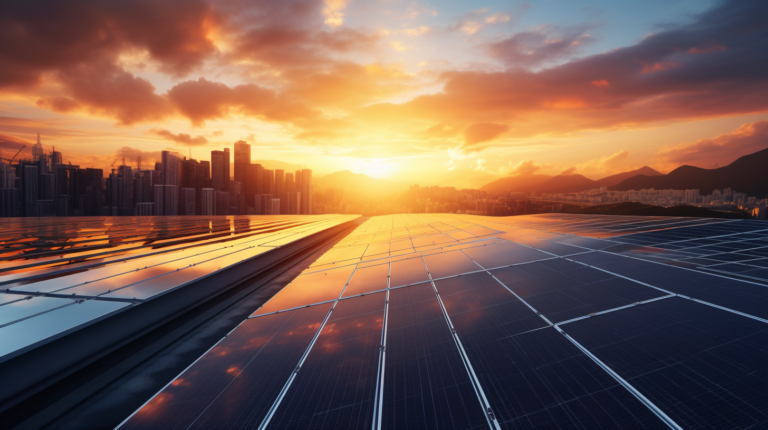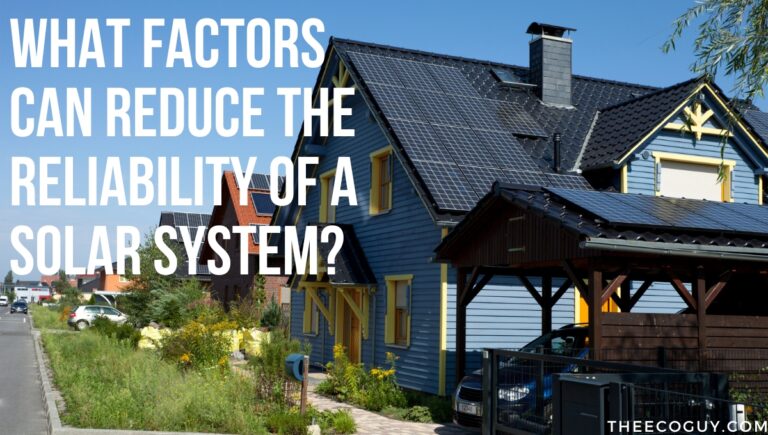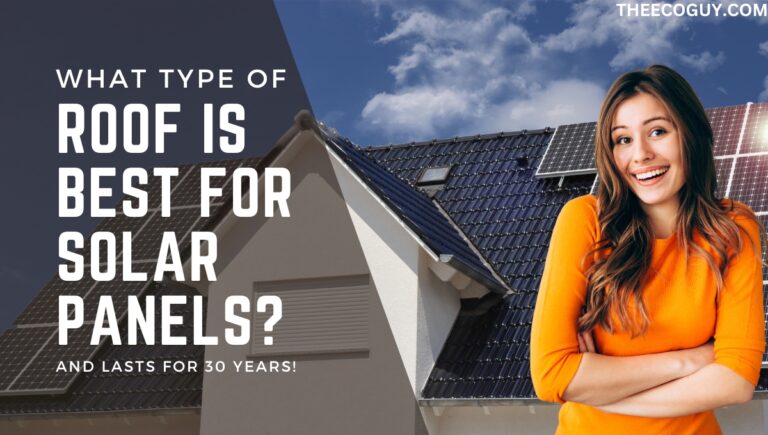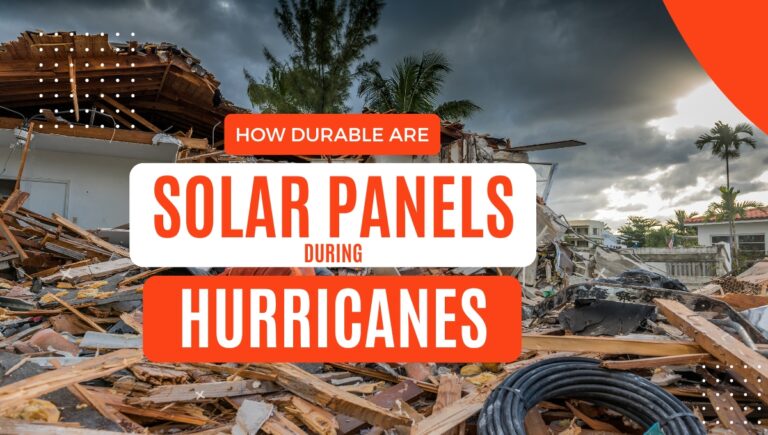Myths About Solar Energy (And How I Debunked Them)
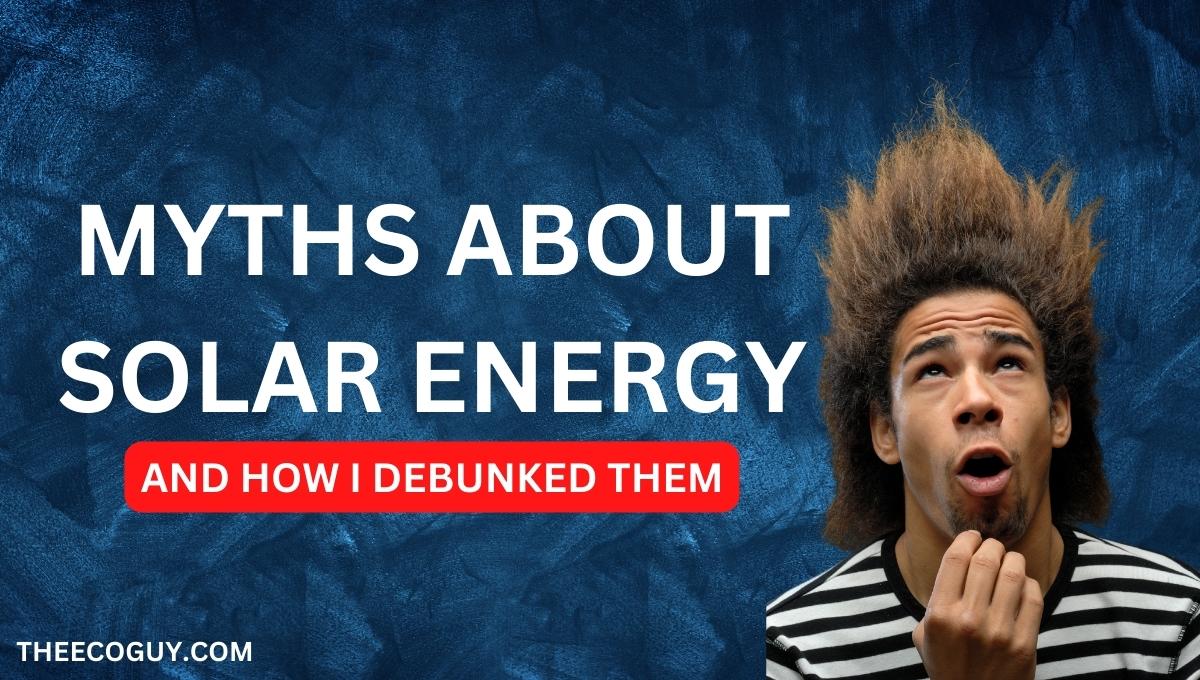
Wondering if you should invest in home solar power but worried that your property doesn’t have enough space to install panels? Don’t let this common misconception stop you from exploring the cost-saving and energy-efficient benefits of solar.
This blog is here to debunk all myths about home solar power, so you can make an informed decision based on facts instead of fiction.
We’ll take a look at the common myths surrounding home solar power and explain why they are simply untrue. We’ll also discuss how even small homes can still benefit from installing a home solar system, as well as go over what components are needed to make one work effectively.
By the end of this blog post, you will have all of the information necessary to decide whether or not investing in home solar power is right for you.
Common Myths About Home Solar Systems
Some common myths about home solar systems include:
- Home solar systems are too expensive – This is simply untrue. With the current government incentives and tax credits, installing a home solar system can actually save you money over time.
- You need a lot of space – Many people wrongly assume that you need a large roof or yard in order to install a home solar system, but this is not the case. Even small homes can benefit from solar energy, as long as you have access to a south-facing roof or an area that receives direct sunlight for most of the day.
- Solar power won’t provide enough energy – Solar panels are incredibly efficient and can generate more energy than you might expect. The amount of energy that your home solar system produces depends largely on the size of your solar array and the quality of your setup.

Advantages of Home Solar Systems
A few advantages of home solar systems include:
- Cost savings – Installing a home solar system can save you money over time by reducing your electricity bills.
- Environmental benefits – Home solar systems use renewable energy, which means that they do not produce any emissions and are much better for the environment than traditional electricity sources, such as coal and gas.
- Charging your electric vehicle – Home solar systems can also be used to charge your electric vehicle, allowing you to reduce your dependence on fossil fuels even further.
- Increased home value – Installing a home solar system can also increase the value of your home, making it an attractive option for those looking to sell in the future. According to Zillow, homes with solar panels sell for 4.1% more!
Costs and Challenges of Home Solar Systems
A major concern for many potential solar panel owners is the initial cost of installation. Installing a home solar system usually requires an upfront investment, but this is greatly reduced thanks to government incentives and tax credits.
Additionally, most home solar systems are designed to last for 20 years or more, meaning that they will pay for themselves in time.
There are great financing options available for those who cannot afford to pay for their home solar system upfront. Solar leases and loan programs are available, allowing you to spread the cost of installation over several years while still reaping the benefits of having a home solar system.
The main challenge with installing a home solar system is finding the right installer. It’s important to do your research and find a reputable company that can provide you with quality service at an affordable price.
Innovations in Home Solar Technology
Similar to other technology, solar technology is constantly evolving and improving. Solar panels are now more efficient and durable than ever, allowing you to get the most out of your home solar system.
Solar panels have an average efficiency of around 20%, meaning that they convert around 20% of the sunlight they receive into energy. The most efficient panels on the market today have an efficiency of up to 22.5%.
Inverters and other components have also become more efficient, allowing home solar systems to generate more power with fewer panels. Micro inverters are revolutionizing the way we power our homes with solar energy.
By optimizing each individual panel, they provide a more efficient and powerful system than ever before – all while using fewer panels! It’s no surprise that micro inverters have become so popular; this technology is sure to be the future of home solar systems!

Financing Options for Home Solar Systems
Financing a home solar system can be a great way to reduce the upfront costs of installation. Fortunately, there are many financing options available for those who cannot afford to pay for their system in full.
Solar leases and loan programs are popular choices for homeowners looking to add solar energy to their home without breaking the bank. Credit unions and local solar installers may also offer special rates or incentives that can help make your home solar system more affordable.
Additionally, you may qualify for government tax credits or other incentives that could significantly reduce your overall cost. With so many financing options available, it’s easier than ever to find an option that works with your budget!
Strategies for Maximizing Efficiency with Home Solar Systems
To ensure that your solar system is functioning at an optimal level, consider installing a battery backup system to store any extra power generated for use when the sun isn’t out.
Furthermore, investing in high-efficiency components such as micro-inverters and getting an optimization device can help maximize its efficiency with each panel operating at maximum performance.
Additionally, regularly cleaning and inspecting your panels can help ensure that they are working efficiently and producing the maximum amount of energy.
By following these strategies, you can make sure that your home solar system is running at its best and maximizing your savings!
DIY Tips for Home Solar System Maintenance
Owning a home solar system and maintaining it doesn’t have to break the bank! You can do it yourself and save money. Start by regularly inspecting your system for any damage or wear and tear, especially after bad weather.
Following a storm with heavy winds and rain, your solar panels may be vulnerable to being damaged by fallen tree branches and debris. Also, be sure to keep the panels free of dust and debris that can block out sunlight.
If you need to replace parts, research compatible replacements from reliable manufacturers to ensure maximum efficiency.
Follow the 4 steps below to maintain your solar panels:
- Choose a cloudy day when the sun’s rays won’t be too strong to clean your panels
- Use only soap, warm water, and a soft bristle brush or cloth to gently scrub away any dirt or grime
- Rinse off the panels with clean water
- Inspect for any signs of damage or wear and tear
By regularly performing these steps, you can help ensure that your system runs at peak performance and maximize its efficiency!
Environmental Impact of Home Solar Energy
Home solar energy is an environmentally friendly and cost-efficient way to power your home. Its use reduces our reliance on non-renewable sources of energy, such as coal and oil, which can be harmful to the environment.
Additionally, it produces no greenhouse gases or toxic chemicals during its operation, making it a safe alternative for powering your home.
Furthermore, using renewable energy sources like solar helps reduce our carbon footprint and contributes to preserving the planet for future generations. This benefits us and also helps the environment.
For example, it reduces air pollution and provides clean water resources from traditional electricity generation. Therefore, investing in home solar systems not only saves you money but also helps protect our planet from further damage caused by traditional forms of electricity generation.
Wrapping It Up
In conclusion, home solar systems are a great way to save money and reduce your carbon footprint. The cost of installing a solar system has dramatically decreased over the years, making it more affordable for homeowners than ever before.
With numerous financing options available and government incentives in place, there’s no better time than now to take advantage of this renewable energy source.
Plus, with DIY tips for maintenance and strategies for maximizing efficiency you can ensure that your system is running optimally at all times!
Not only does investing in solar power help protect our planet from further damage caused by traditional electricity generation but it also helps create clean water resources while reducing air pollution – something we should all be striving towards.
So what are you waiting for? Take action today and start reaping the benefits of home solar power! Visit EnergySage.com to get started on your solar journey! By answering a few easy questions about your household, roof type, and energy consumption you will be presented with several custom quotes without any pressure to buy!
P.S. the Energy Advisors over at EnergySage.com are on your side and will help you throughout your solar journey!
